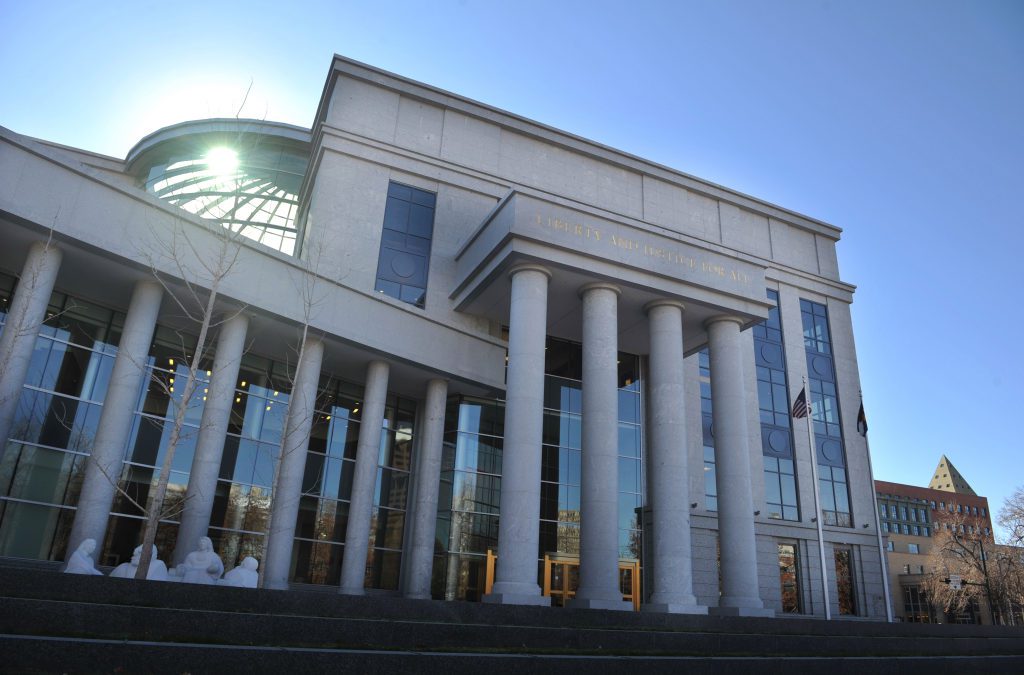DENVER — Colorado’s Supreme Court ruled Monday that lawmakers can allow revenue-starved school districts to raise property taxes without the voter approval that’s normally required for tax increases under the state constitution.
The opinion came after lawmakers, most of them majority Democrats, asked the court to determine whether a bill that would gradually raise local district property taxes to generate millions of dollars for K-12 schools is legal. The the bill passed the Legislature on Monday and is headed to Democratic Gov. Jared Polis for consideration.
Public school funding that partly relies on property tax revenue has suffered for years, largely because of the Taxpayer’s Bill of Rights, a 1992 constitutional amendment that requires voters to OK proposed tax hikes. The same applies to state K-12 funding, which has lagged because of limits imposed by the amendment.
Residents in 174 of Colorado’s 178 school districts have voted to allow their districts to ignore caps on spending. But the state education department advised districts that they had to reduce their property tax rates to meet limits on spending contained in the amendment. Reduced rates couldn’t be raised again without voter approval.
The bill approved Monday essentially allows districts to gradually raise property tax rates starting the fiscal year that begins July 1. Bill sponsors say it could generate more than $90 million next fiscal year and roughly $288 million a year by 2040.
They also say it can alleviate inequitable funding among wealthy and poorer districts under Colorado’s complicated tax policies. The state has sent more money to wealthier districts where property values have risen but property taxes have fallen.
Attorney General Phil Weiser helped argue the case for the governor before the state Supreme Court.
Chief Justice Brian Boatright dissented in the opinion, agreeing with Republicans that voters must approve property tax hikes.
“Fully funded schools are essential, and the value of education cannot be overstated,” Boatright wrote. “The plain language of our state constitution, nevertheless, requires that the state or any local government entity obtain advance voter approval for ‘any new tax, tax rate increase, (or) mill levy above that for the prior year.’”
House Majority Leader Daneya Esgar celebrated the ruling.
“The decision handed down today will help us start to make up for years of deeply inequitable funding processes that have hamstrung certain districts like mine in Pueblo and held our schools back,” she said in a statement.
This content was originally published here.

